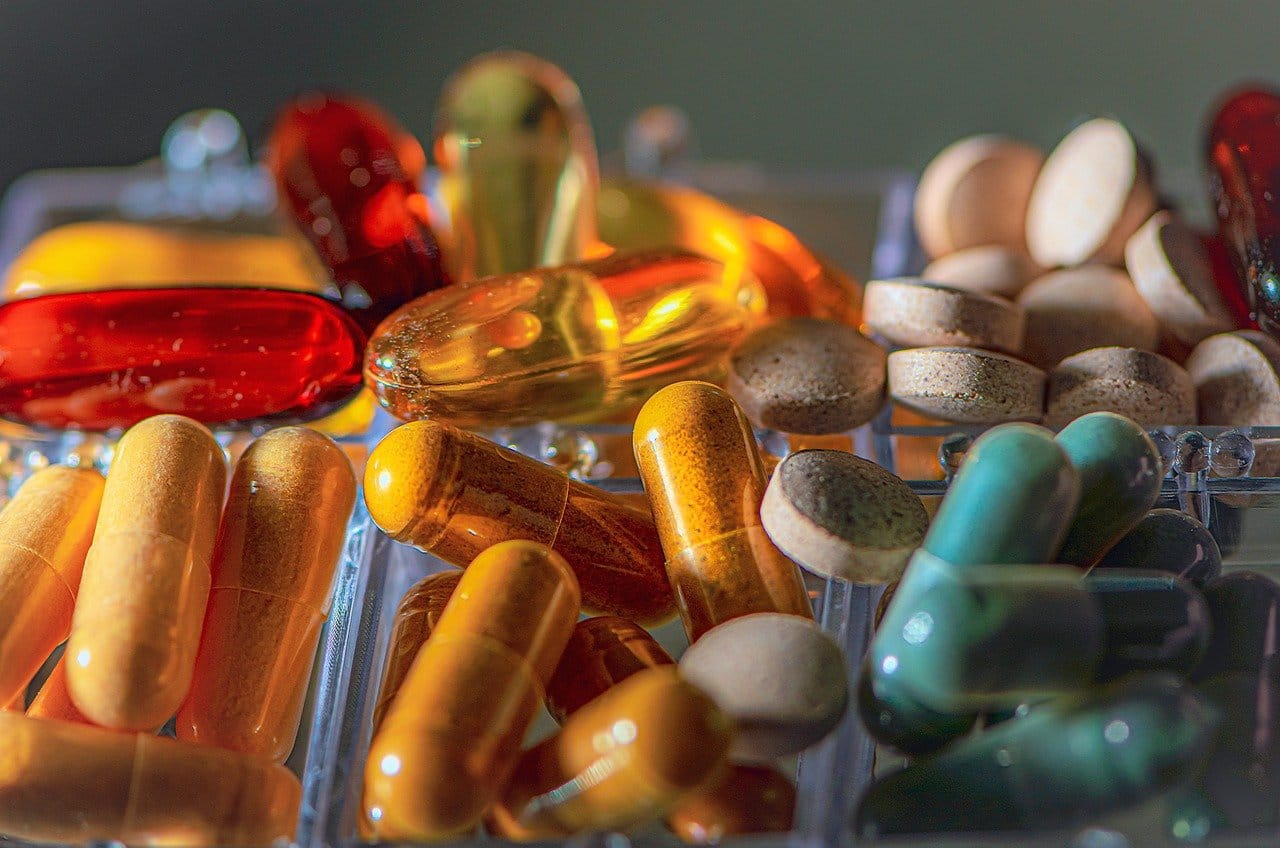HALAL HEALTHCARE
IS GAINING RECOGNITION WORLDWIDE
IS GAINING RECOGNITION WORLDWIDE
Halal pharmaceuticals are gaining recognition and importance in the healthcare industry, catering to the needs of Muslim consumers who seek medication and pharmaceutical products that align with their religious beliefs. The process of making pharmaceuticals Halal involves ensuring that ingredients and manufacturing processes comply with Halal principles. This includes using permissible ingredients, avoiding substances prohibited in Islamic teachings, and ensuring that the entire production process meets Halal standards.



Halal pharmaceutical market is expected to reach $132 billion by 2025
The demand for Halal pharmaceuticals is significant, driven by the growing Muslim population and the increasing awareness of ethical consumption in the healthcare sector. According to a report by Thomson Reuters, the global Halal pharmaceutical market is expected to reach $132 billion by 2025. This substantial market growth presents opportunities for pharmaceutical businesses to tap into this segment and cater to the specific needs of Muslim consumers.
The benefits of Halal pharmaceuticals extend beyond religious observance. Halal medications provide reassurance to Muslim consumers that the ingredients and manufacturing processes adhere to strict Halal guidelines, ensuring compliance with their religious beliefs. Halal pharmaceuticals are also likely to appeal to non-Muslim consumers who prioritize ethical sourcing, transparency, and quality assurance in medication. By obtaining Halal certification through organizations like ICHS, pharmaceutical businesses can demonstrate their commitment to producing Halal medications, thus building trust, expanding market reach, and meeting the diverse needs of consumers.
The importance of pharmaceutical businesses becoming Halal certified through ICHS lies in providing assurance and confidence to Muslim consumers. Halal certification ensures that medications are produced in accordance with Halal guidelines, addressing concerns about the permissibility of ingredients and processes. Obtaining Halal certification enhances the credibility and reputation of pharmaceutical businesses in the Muslim market, fostering trust and loyalty among Muslim consumers. A Halal certification allows pharmaceutical businesses to access new markets, both domestically and internationally, where Halal medications are in demand. By becoming Halal certified, pharmaceutical businesses can unlock opportunities for growth, differentiate themselves from competitors, and contribute to the overall well-being of Muslim consumers.




